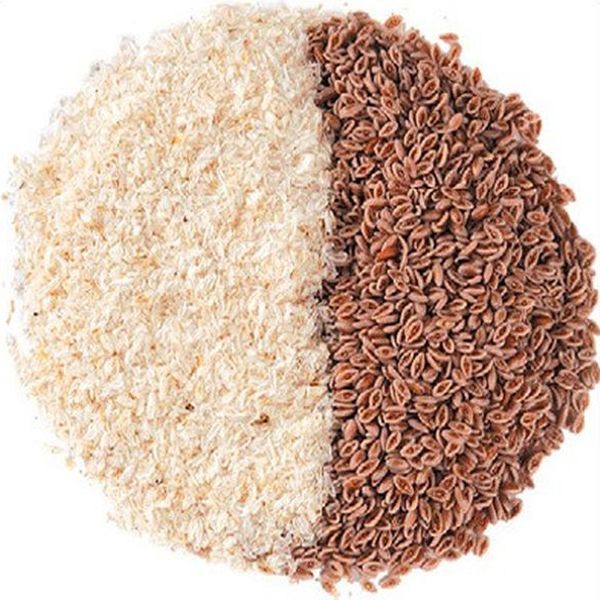Psyllium husk comes from a shrub-like herb called Plantago ovata, which grows worldwide but is most common in India. Each plant can produce up to 15,000 tiny, gel-coated seeds, from which psyllium husk is derived. It also sometimes goes by the name ispaghula. What is psyllium husk used for? It is best known as a natural laxative that is commonly found in health stores.
What is psyllium husk powder? Psyllium husk powder is an edible soluble fiber and prebiotic. It’s often referred to as a bulking fiber because once it is ingested, it expands, forming a gel-like mass by drawing water in from the colon. It then promotes easy, healthy elimination by sweeping waste out of the colon more quickly and efficiently.
In addition, psyllium husk is known to have positive effects on heart health and cholesterol levels. Studies have also shown that psyllium husk fiber is safe, well-tolerated and improves glycemic control for people with diabetes. Unlike stimulant laxatives, psyllium is gentle and not addictive.
Constipation is a very common health issue. Chronic constipation is especially common in adults older than 60 years, and symptoms occur in up to 50 percent of nursing home residents. Additional fiber intake in the form of psyllium is recommended by scientific studies to improve symptoms and provide natural constipation relief.
Since psyllium seed husk helps make elimination easier, it also helps naturally treat hemorrhoids, which are often the result of constipation. Psyllium can also be used to help relieve mild-to-moderate diarrhea. It’s beneficial to diarrhea sufferers because it soaks up a significant amount of water in the digestive tract, which helps make the stool firmer and slower to pass through the system.
Research makes it very clear that psyllium seed husk is a therapeutic addition to a healthy diet and lifestyle for people struggling with high cholesterol levels.
In a double-blind, placebo-controlled parallel study, all subjects maintained their usual diets, which provided less than 300 milligrams of cholesterol per day and approximately 20 percent of energy from protein, 40 percent from carbohydrates and 40 percent from fat. The study found that eight weeks of treatment with psyllium reduced serum total cholesterol levels by 14.8 percent, low-density lipoprotein (LDL) cholesterol by 20.2 percent and the ratio of LDL cholesterol to high-density lipoprotein cholesterol by 14.8 percent relative to baseline values. The reductions in total cholesterol and LDL cholesterol became progressively larger with time, and this trend appeared to continue at the eighth week.
In our society, obesity is the most prevalent health issue affecting all age groups, and it leads to many serious health problems, including diabetes and chronic heart disease. So, is psyllium husk good for weight loss? Psyllium husk is among the list of medicinal plants that have been shown to significantly decrease body weight.
Psyllium husk can be very helpful in maintaining and achieving a healthy weight since it encourages a feeling of satiety when it is consumed. Since we naturally eat less when we feel full, adding additional fiber to our diets in the form of psyllium husk can help us not overeat and can treat obesity naturally.
If you are trying to lose weight fast and looking to control overeating at meals, you can take psyllium husk shortly before or with a meal. Studies show that the addition of functional fiber, like psyllium husk, should be considered as a tool to improve success in weight-loss diets.
Post time: May-15-2020
